News

Oct 26, 2022
Researchers to use $1.2 million grant to study early Alzheimer’s detection
A team of Penn State-led researchers received a $1.2 million grant from the National Institutes of Health to help fund a project to develop a machine learning system for early Alzheimer’s disease detection. Alzheimer’s disease, a neurological condition and the most common form of dementia, affects nearly 6 million Americans, according to the Centers for Disease Control and Prevention.
Full Article

Oct 26, 2022
Penn State researchers to explore using quantum computers to design new drugs
The time it takes medicines to move from discovery to approved use for patients can take decades and cost billions of dollars. Now, a $1.2 million National Science Foundation grant will help a team of Penn State researchers study the use of quantum computer-based artificial intelligence (AI) to see if quantum computers can bring drugs to patients faster and cheaper.
Full Article

Oct 26, 2022
Cancer drug could potentially be used against malaria
A cancer drug currently in clinical trials has shown the potential to protect from, cure, and prevent transmission of malaria. The breakthrough finding by an international team that includes researchers at Penn State offers new hope against a disease that kills over half a million people annually, most severely affecting children under five, pregnant women, and patients with HIV.
Full Article
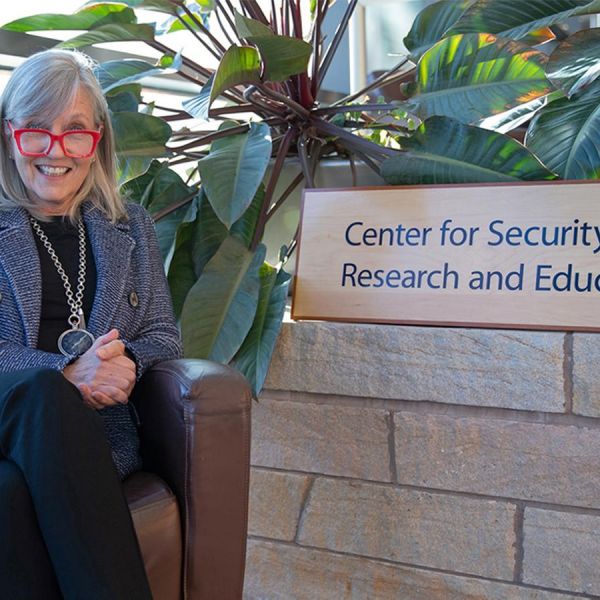
Oct 25, 2022
Witzig new director of Center for Security Research and Education
Lisa Witzig has been appointed director of Penn State’s Center for Security Research and Education. With a career that spans over 40 years of working with the U.S. Intelligence Community and in the private sector, Witzig’s new responsibilities will include securing funding for interdisciplinary research on security-related topics and organizing opportunities to bring together key players in security-related fields together with Penn State faculty and students.
Full Article
Oct 24, 2022
Podcast examines possible evolutionary drivers of human hair variation
In recent years, biological anthropologists have initiated a deeper scientific inquiry into the evolutionary processes that have shaped the wide variety of skin pigmentation displayed by people from diverse places across the globe. However, very little attention has been given to the similarly broad varieties of human scalp hair.
Full Article
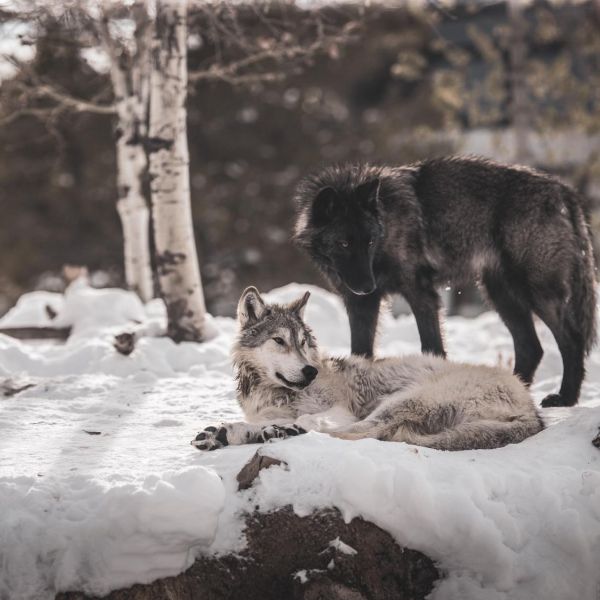
Oct 24, 2022
Wolf coat color reflects immunity to canine distemper virus, new study finds
The prevalence of black wolves versus gray wolves increases southward along the Rocky Mountain crest in North America, and the reason why has long puzzled scientists. Now, a team including researchers from Penn State, has found that not only does coat color reflect an animal’s immunity to canine distemper virus (CDV), but the changes in the proportion of black wolves may be due to changes in the frequency of CDV disease outbreaks, coupled with the mating behavior of the wolves and whether they select a mate with the same or a different coat color to themselves.
Full Article
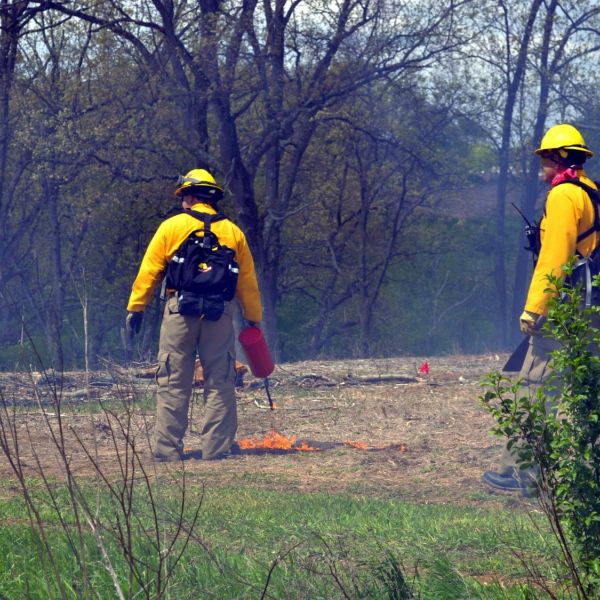
Oct 21, 2022
Prescribed fire could reduce tick populations and pathogen transmission
Prescribed fire — a tool increasingly used by forest managers and landowners to combat invasive species, improve wildlife habitat and restore ecosystem health — also could play a role in reducing the abundance of ticks and the transmission of disease pathogens they carry, according to a team of scientists.
Full Article
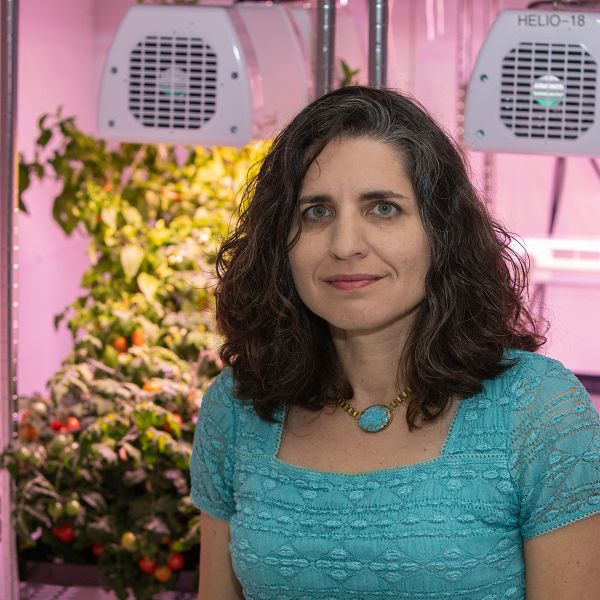
Oct 20, 2022
Penn State alum presents her NASA space garden research to current students
Scientist Gioia Massa conducts space plant biology research at NASA’s Kennedy Space Center, growing edible vegetables on the International Space Station. Massa, who earned her Ph.D. at Penn State, presented a talk about her extraordinary career.
Full Article
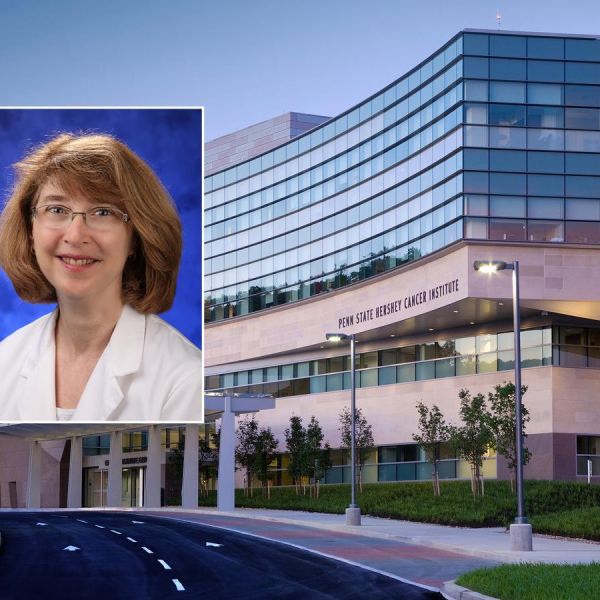
Oct 19, 2022
Cancer Institute receives breast cancer grant from Mary Kay Ash Foundation
Penn State College of Medicine is among the Mary Kay Ash Foundation’s 2022 cancer research grant recipients. The foundation announced $1 million in grants awarded to 10 individuals who are conducting groundbreaking research in cancers that primarily affect women.
Full Article
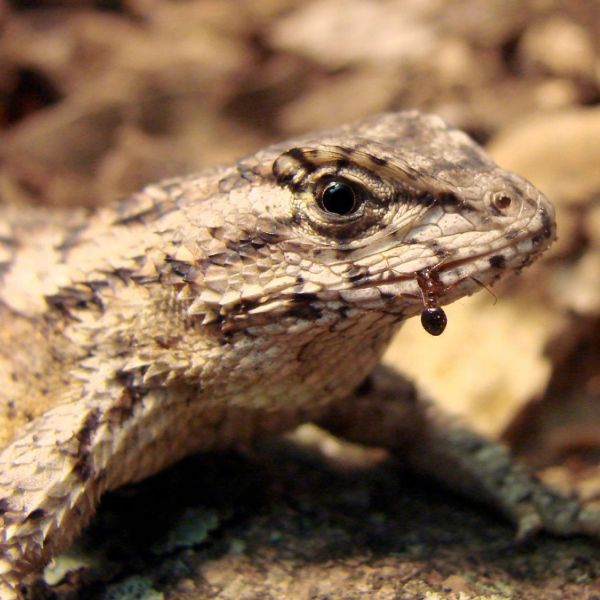
Oct 19, 2022
Eating fire ants could prepare lizards for future fire ant attack
Eating fire ants might prepare a lizard’s immune system to be stung by the ants, according to a new study by researchers at Penn State. The study comprehensively assessed how the immune system responds to lizards eating and being stung by these ants and might help researchers understand how other native species respond and adapt to the invasive insects.
Full Article